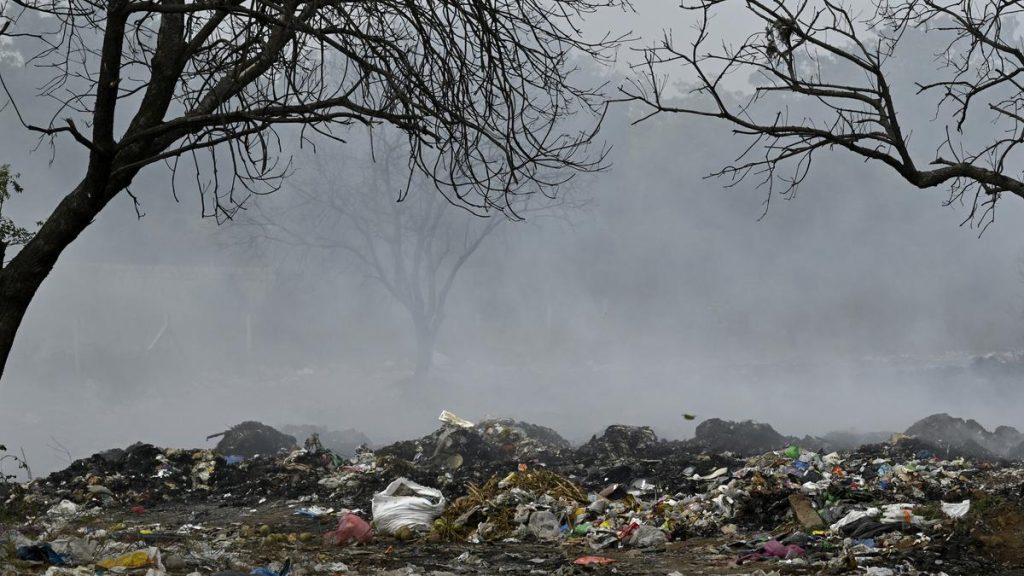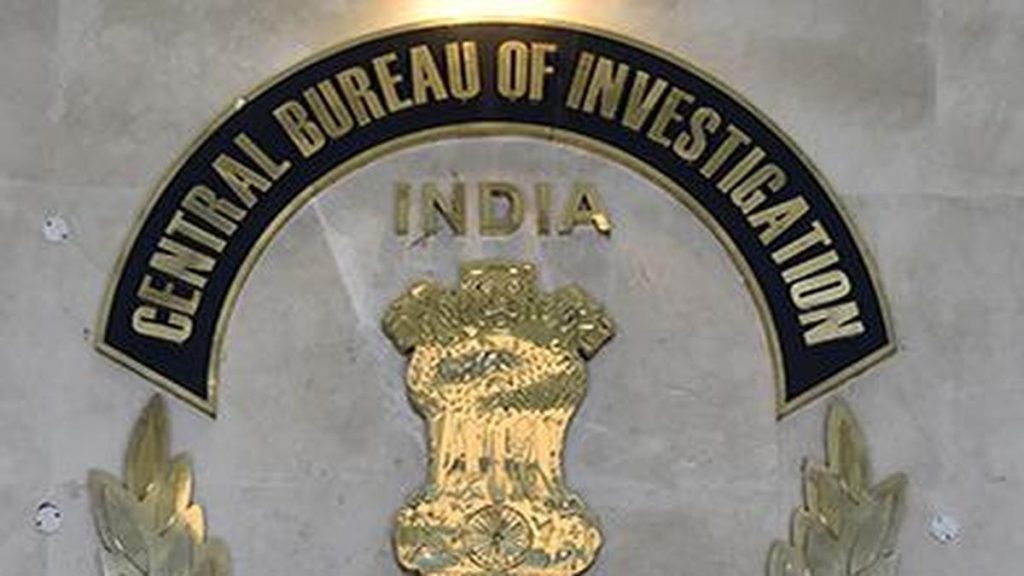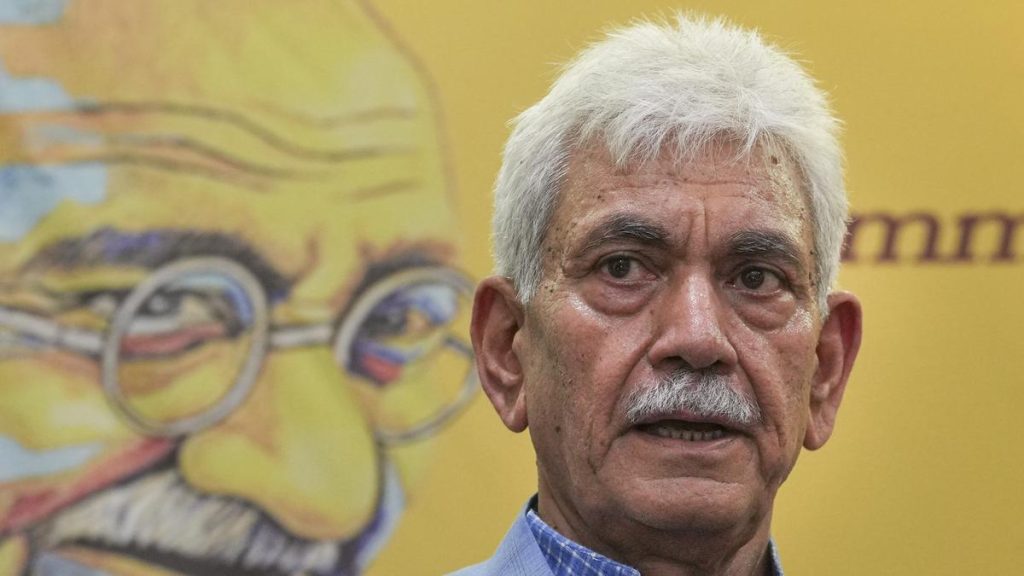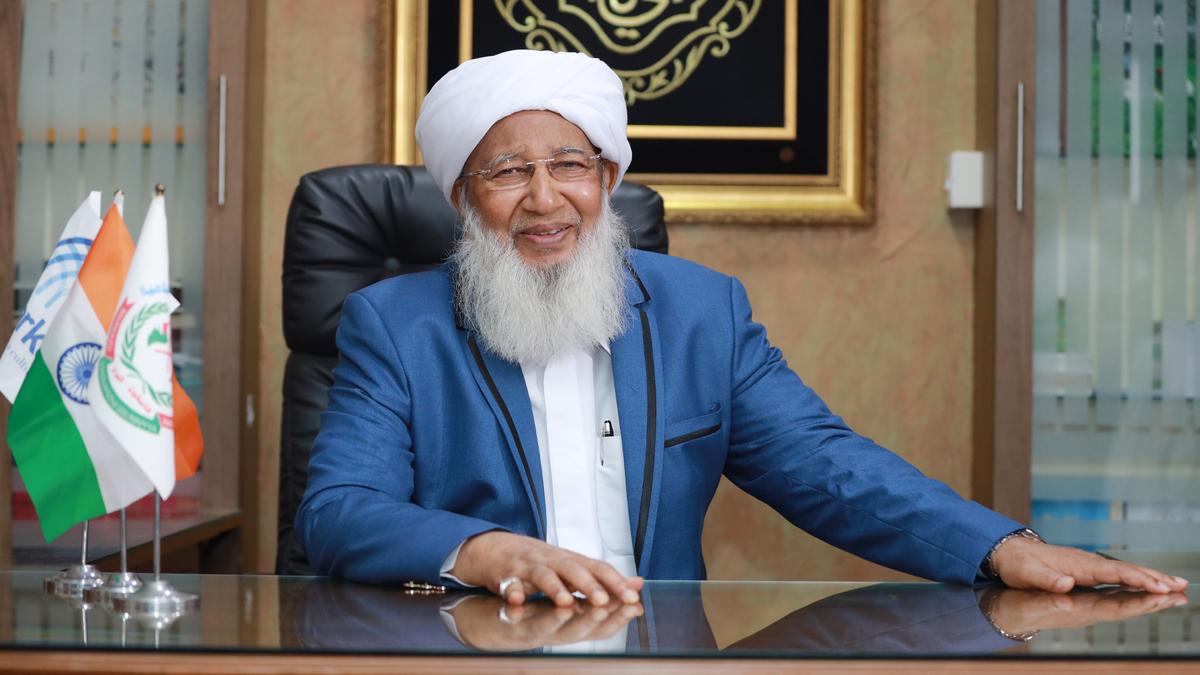Now Reading: Clashes Erupt in Syria’s Sweida as Israel Pledges Further Strikes
-
01
Clashes Erupt in Syria’s Sweida as Israel Pledges Further Strikes
Clashes Erupt in Syria’s Sweida as Israel Pledges Further Strikes
Rapid Summary
- Clashes between Syrian government troops adn Druze fighters resumed in sweida, southern Syria, on July 16, 2025, ending a ceasefire announced hours earlier.
- The violence erupted in the predominantly Druze province on Sunday, highlighting challenges among Syria’s sectarian communities.
- Syrian troops initially deployed to quell fighting between Druze militias and Bedouin armed men clashed directly with druze fighters instead.
- Israel conducted airstrikes on Syrian government forces on Monday and Tuesday to protect the Druze community. Israeli Defense Minister Israel Katz vowed further strikes unless attacks stopped.
- Civilians claimed looting and arson by government forces during Tuesday’s clashes, including deadly shootings inside homes.
- Heavy mortar fire was reported Wednesday morning in Sweida city and surrounding villages. The Syrian Defense Ministry attributed the truce breach to “outlaw groups” and urged residents to stay indoors.
- Dozens of deaths across civilians, government troops, and Druze fighters occurred since Sunday’s outbreak of violence.
- U.S. Syria envoy Tom Barrack stated American diplomatic engagement aimed at calming tensions.
Indian Opinion Analysis
The escalating conflict in southern syria reveals notable complications stemming from sectarian divisions and external military interventions impacting regional stability. For India-a nation that strongly advocates peaceful multilateral resolutions-such strife serves as a reminder of the fragile balance required in ethnically diverse societies when addressing communal grievances.India may also view this situation through a broader geopolitical lens given its reliance on Middle Eastern partners for energy security; conflicts involving nations like Israel or regions like Syria could indirectly affect Indian interests related to economic partnerships or regional peacebuilding efforts within west Asia.
Moreover, India’s traditionally neutral foreign policy position aligns with diplomatic calls such as those made by the U.S., which urge de-escalation – highlighting possible areas of collaboration for promoting reconciliation over conflict escalation globally.
























